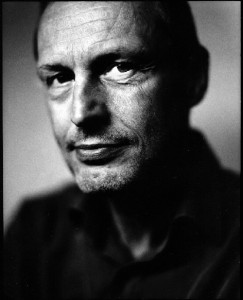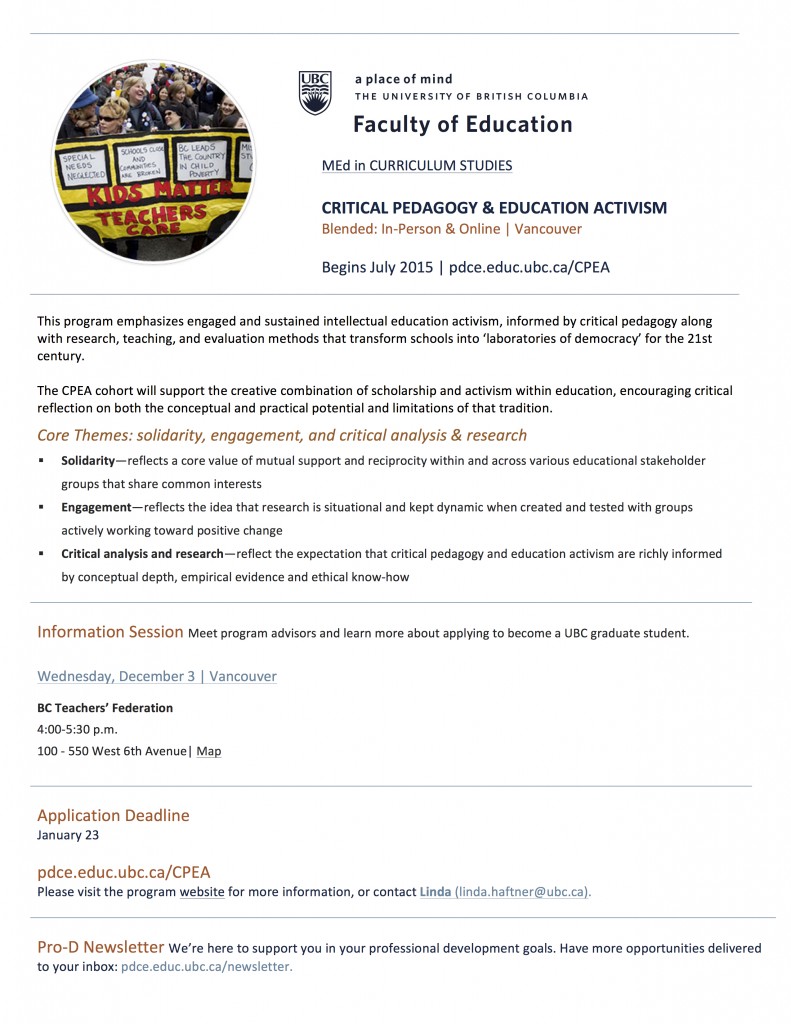Tonight the University of British Columbia Alma Mater Society (AMS) Council—the elected student government—will consider approving results of a referendum in which undergraduate kinesiology students voted to increase their student fees by $250 to help fund a new building for the School of Kinesiology.
Yesterday, UBC Insiders reported that the School of Kinesiology spent over $40,000 on the referendum, including employing two people to work on the campaign. Based upon documents UBC Insiders obtained via a Freedom of Information request it seems clear that the the School of Kinesiology and its employees, including administrators, were the primary forces in the referendum, while the Kinesiology Undergraduate Society (KUS) was merely a veneer that made it seems as if the initiative to have students pay for UBC infrastructure on top of their already high tuition and fees was a grassroots idea and campaign .
According to UBC Insiders, the School of Kinesiology outspent the entire KUS budget on the student referendum:
In March 2015, the Kinesiology Undergraduate Society held a referendum for a new $250 student fee. This referendum was unusual for a number of reasons. First, the fee would go entirely towards paying for a portion of a new academic building on behalf of the School of Kinesiology. Secondly, it also became known that the KUS had little involvement in the referendum process and it was instead being led by a group called “Make Your Mark” (MYM). Thirdly, the MYM campaign carried the school’s branding and was being headed up by two individuals who were employees of the School of Kinesiology.
Despite these irregularities, the referendum passed. In May 2015, a Freedom of Information (FOI) request was filed asking for various records and correspondence about the referendum held by named employees of the School of Kinesiology. The results of that request, containing over 300 pages of records, can be downloaded here.
It’s quite unusual in the first place that a department of the university would be able to produce 300+ pages of documentation on a referendum supposedly run by a student group. Yesterday’s post contained a semi-narrative timeline of events outlining the School of Kinesiology’s involvement over 16 months.
Across its reporting on the referendum, which goes back to 2014, UBC insiders have identified myriad questions and concerns regarding the referendum (see four articles linked here: http://ubcinsiders.ca/tag/referendum/), including issues of ethics and conflicts of interest.
Here’s a summary of what UBC Insiders has learned:
The School of Kinesiology was involved in the planning and execution of a student referendum for a period of more than a year. It is an idea that had been contemplated by Bob Sparks, the school’s Director, as early as 2012. The School hired two employees who were specifically tasked with passing the referendum, and who reported to Bob. In doing so, the School likely spent more on this one project than the entire annual KUS budget.
Make Your Mark was a “yes” committee, led by employees of the school, that was allowed to write the very referendum question they were campaigning in support of. At various junctures, attempts to muddy the waters were made by trying to claim it was simply an informational campaign.
Bob Sparks and other employees in the School of Kinesiology were definitely kept in the loop of referendum-planning activities: helping to set up meetings, developing budgets, and encouraging faculty and staff to participate in the campaign. The involvement continued throughout, including approval of campaign materials, drafting of the referendum question, and asking UBC legal counsel for advice (presumably) on how to navigate the AMS. Even after questions were publicly raised about the appropriateness of the school’s involvement in the this referendum, nothing seemed to change, with school employees weighing in on media responses, and even editing the notice of referendum results submitted to the AMS.
The KUS, on the other hand, seemed to have little direct involvement in the referendum while it was being planned, a level of engagement which appeared to continue during and after the vote. It would be unfair to say that the KUS was deliberately marginalized from the campaign and referendum, but of everyone involved, the KUS seemed to have the least werewithal to run their own referendum, or even understand the process of doing so. The person eventually recruited to ensure elections rules were followed had been involved in the initial discussions with the school about hiring staff to organize the referendum campaign.
One narrative that has emerged from referendum supporters is that despite any issues surrounding how it was conducted, the results should be ratified because students voted in favour of the proposal. This point of view represents a willful blindness to the elephant in the room; if the student support expressed during this referendum is a genuine reflection of the opinion of the Kinesiology student body, why did the School of Kinesiology feel compelled to mount a $40,000, 16-month campaign? Beyond ignoring significant conflicts of interest and other unethical aspects of the campaign’s structure, this also implicitly posits that Make Your Mark had no effect on the outcome of the vote. On a more basic level, it manages to ignore the underlying fact that in the absence of MYM, there would have been no referendum. This referendum only existed because the School of Kinesiology wanted it to.
The issues raised regarding the School of Kinesiology student referendum demand a full accounting. I have requested that the conversation on these issue begin at the next Faculty of Education meeting on November 16, 21015. (The School of Kinesiology is a unit in the UBC Faculty of Education.)
In addition, I have requested that the Dean of the UBC Faculty of Education initiate an independent fact-finding investigation into the alleged conflicts of interests/ethic breaches related to the School of Kinesiology student referendum and deliver a report of its findings to the members of the Faculty of Education as soon as possible.
It seems to me the AMS council should at least ask some pointed questions, if not conduct their own investigation, before ratifying the referendum to raise the fees of kinesiology students.

